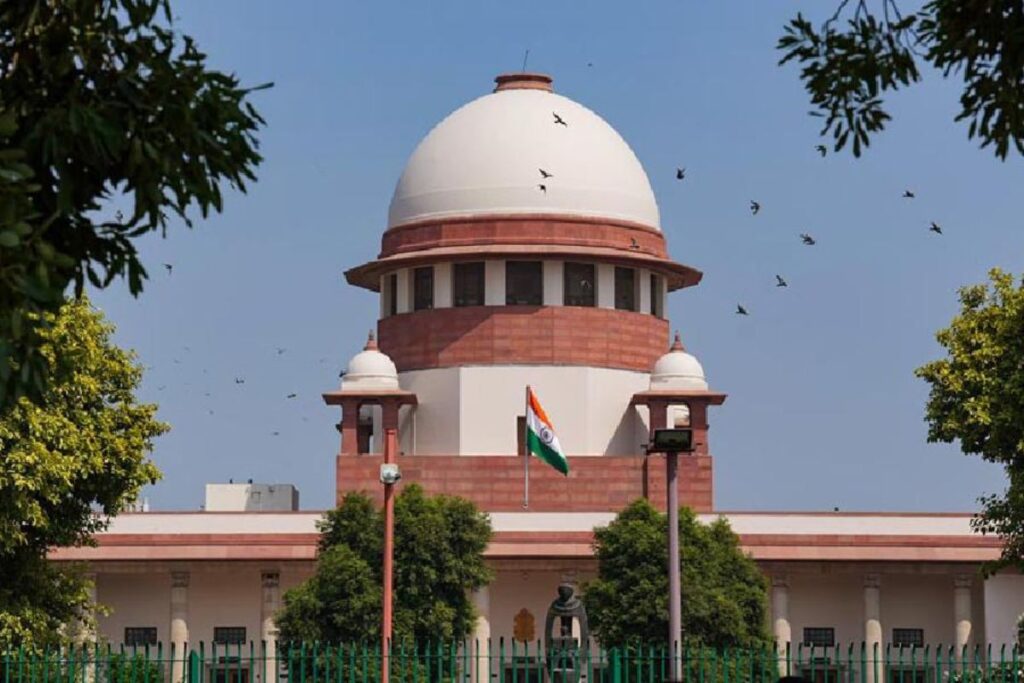Jahanvi Agarwal
On 3rd January 2024, the Supreme Court of India took notice of a petition alleging caste-based discrimination in prison manuals across 11 states, directing the Union government and the concerned states to respond.
Chief Justice of India (CJI) DY Chandrachud, Justices JB Pardiwala and Manoj Misra constituted the bench, recognizing the seriousness of the issue. The court invited Solicitor General (SG) Tushar Mehta to assist in addressing the matter and requested a tabulated chart of all state manuals.
CJI Chandrachud remarked, “This is a very important issue which has been raised. We request SG Mehta to assist this court. Let all the State manuals be put in a tabulated chart.”
SG Mehta concurred, deeming the situation “unacceptable” and highlighting the necessity for collaborative efforts to address it. The petition, brought by journalist Sukanya Shantha, asserted that caste-based discrimination prevails in prison environments, impacting renotified tribes and habitual offenders, even extending to manual labour assignments. The plea sought the annulment of discriminatory provisions present in state prison manuals.
Senior Advocate S Muralidhar, representing the petitioner, alleged instances where Dalits were segregated into separate prisons while individuals from other castes were held in different areas. He emphasized, “Such caste-based discrimination is there from the time one steps into the prison.”
Following these preliminary submissions, the Court issued notices to the Union government and 11 states viz. Uttar Pradesh, West Bengal, Madhya Pradesh, Andhra Pradesh, Telangana, Punjab, Odisha, Jharkhand, Kerala, Tamil Nadu, and Maharashtra.
Case Name: Sukanya Shantha v. Union of India
Diary Number: 1404 / 2023
Bench: CJI DY Chandrachud, Justices JB Pardiwala and Manoj Misra

